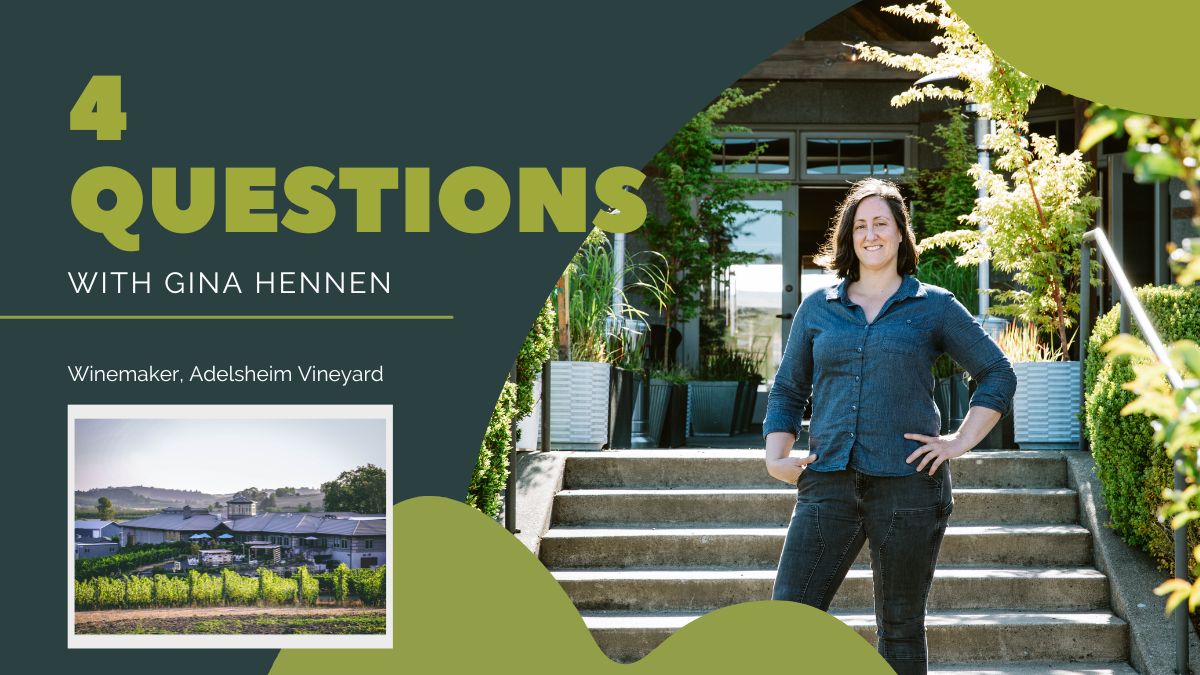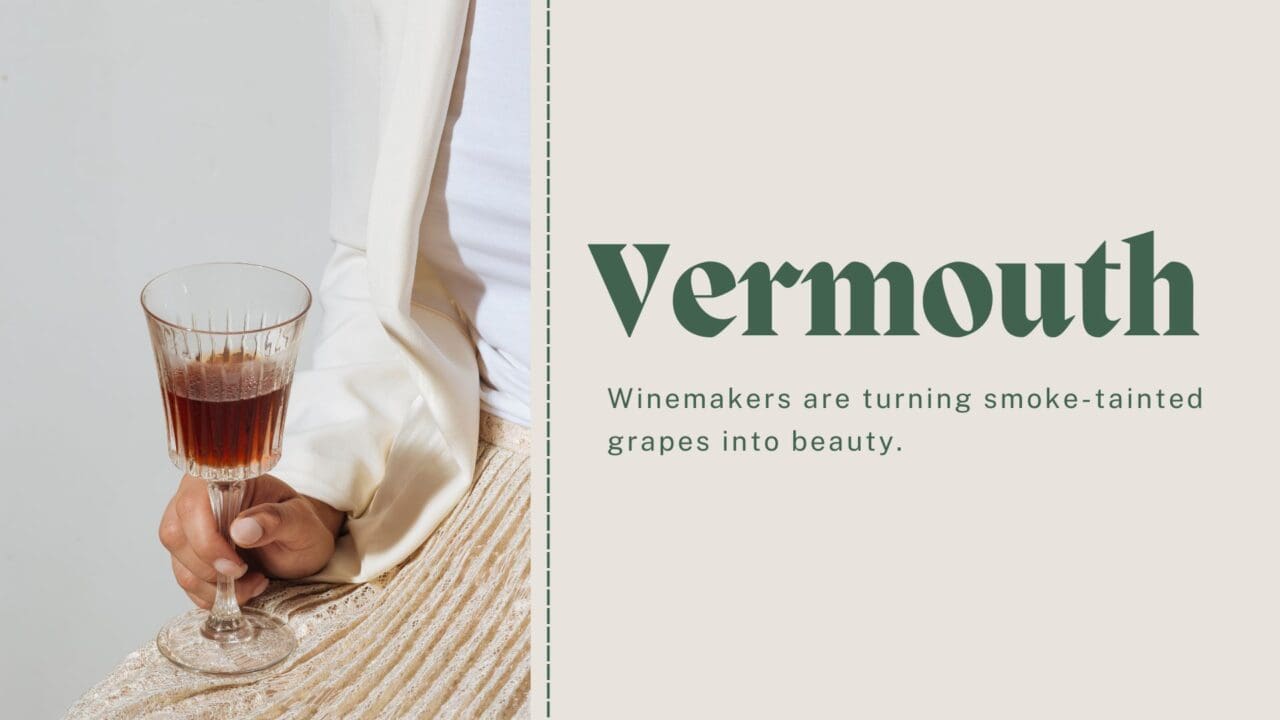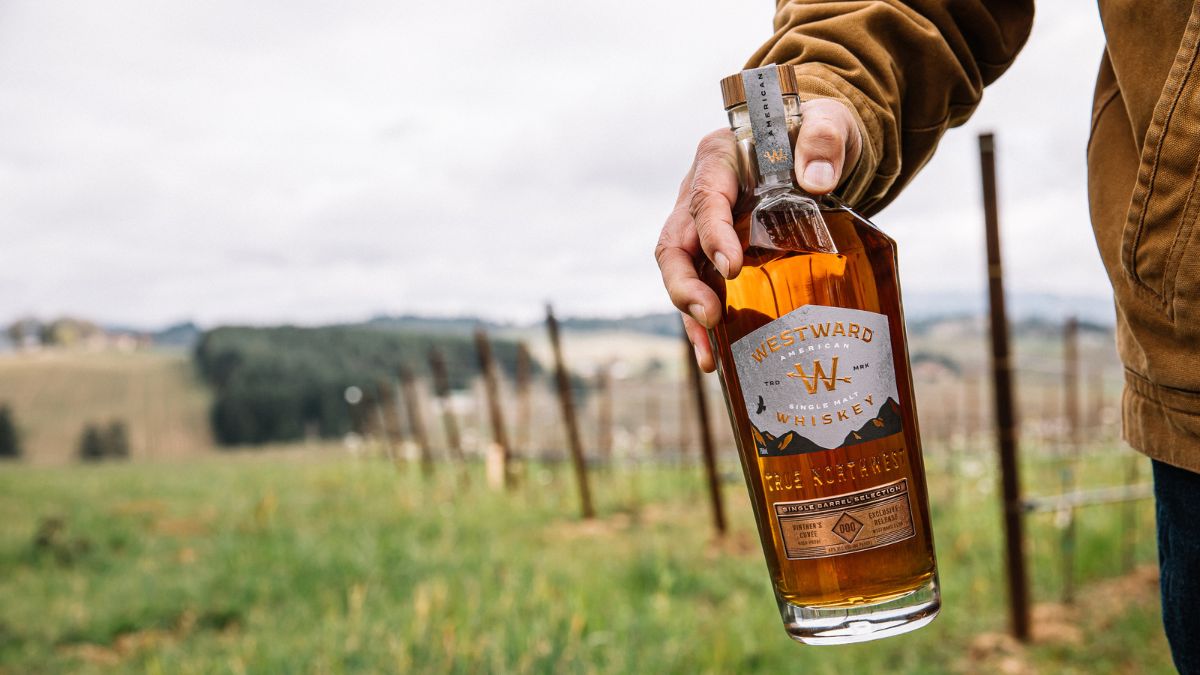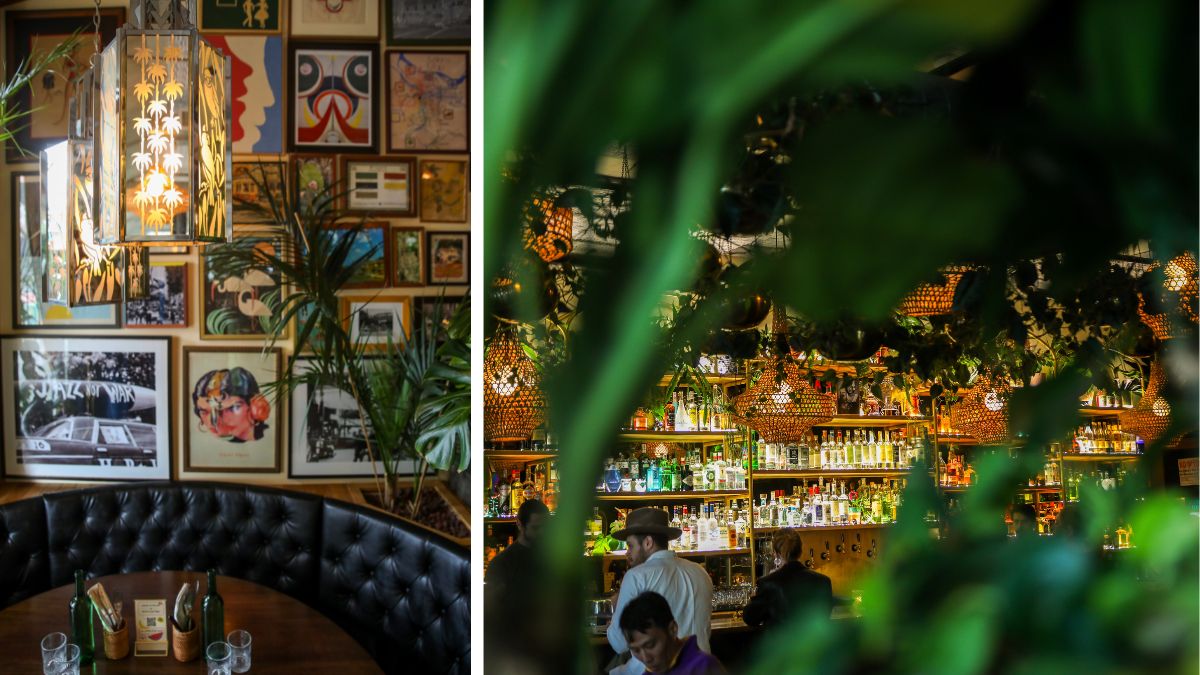In the sweeping landscapes of Oregon’s Willamette Valley, rippling vineyards stretch as far as the eye can see. Amid this picturesque setting lies Adelsheim Vineyard, a name synonymous with a legacy spanning more than half a century. Located in the Chehalem Mountains of Oregon’s Willamette Valley, Adelsheim Vineyard was founded with an optimistic spirit and a lofty dream: to create world-class wines.
It all began in 1971 when David and Ginny Adelsheim acquired their first acres of land. In 1978, they laid the trappings of the inaugural winery in the Chehalem Mountains and the rest, as they say, is history. From those humble beginnings, Adelsheim has embarked on a remarkable journey of crafting wines that eloquently express the character of Oregon’s unique terroir. This family-owned winery has not merely withstood the test of time in the ever-evolving wine industry, it has actively influenced the trajectory of the Willamette Valley wine culture, remaining steadfast in its deep-rooted commitment to the land and the community it cherishes.
As one of the founding wineries of the Willamette Valley and the first in the Chehalem Mountains, Adelsheim has played an instrumental role in almost every aspect of the Oregon wine story. We spoke to Gina Hennen, Adelsheim’s virtuoso winemaker, about the winery’s incredible journey, and about its past, present and future.
SIP: Adelsheim has been around for more than five decades. Parallel to Adelsheim’s growth as a brand, how has the winescape in the Willamette Valley changed from then to now?
Gina Hennen: As you may expect, quite a lot has changed over our 50-plus-year history. Certainly, the winery has grown in size from the days of David Adelsheim’s basement. We started with one small estate vineyard property and have now grown to eight vineyards, all within the Chehalem Mountains AVA. Initially, we had two employees and a host of volunteers, and now we number 40-plus. But with all of that change, a few key things are still true today. We are still a locally owned family business. We continue to be good stewards of the land, adhering to LIVE sustainability standards in both the vineyard and winery. Perhaps most importantly, we are always looking towards the future and imagining what can be. There has been an explosion in the number of wineries and planted vineyard acreage in this region. Crucially, the Willamette Valley has been getting a great deal of attention from around the world. We no longer have to convince people that yes, indeed, excellent Pinot Noir is being grown in Oregon. It’s an exciting time here.
SIP: What makes the Chehalem Mountains special and how does that reflect in your wines?
Gina Hennen: The Chehalem Mountains AVA is unique in that it has all three of the key soil types in the Willamette Valley — marine sediments, volcanic basalt and windblown loess — in substantial quantities. Other AVAs have one or two but this is the only region that has the full gamut. The Chehalem Mountains are notable for the complexity found in our wines and I think this is a key reason for it. Our wines are about place. Our ultimate goal in the cellar is to faithfully translate the place the grapes were grown into the glass in your hand. Of course, that’s much easier said than done and it requires a critical eye for detail at every step of the process. Which specific clusters do the vineyard stewards drop in order to improve quality? What temperature should we target for our Pinot Noir fermenters this year? Which cooper’s barrel best matches the qualities in a vineyard block? Fixing the idea of “place” in our heads as we make these decisions is paramount.
SIP: What are the tangible ways in which Adelsheim supports the community?
Gina Hennen: Throughout our history, we have been believers in giving back to our community — both in wine and the greater world. In 1991, we were founding members of the Salud wine auction and have participated ever since. The yearly auction raises money to provide health care services to vineyard stewards and their families. More recently, we have been working with a newer organization called Our Legacy Harvested, which seeks to educate, advance and empower the BIPOC community within the wine industry. We have a robust donation program that provides wine and/or profits to organizations personally important to our employees. Last but not least, we as a company have always been willing to give our time; many of us volunteer on a wide variety of boards and committees that help further our industry.
SIP: What’s next for Adelsheim, say 10 years down the line?
Gina Hennen: We are actively working to plan for a warming climate, both in the sense of necessary adaptations in the vineyard and cellar, and defining strategies to limit our impact as a business. It’s important for all companies to plan for the future. For an industry that is agricultural at its very heart, climate change will play a huge role.






